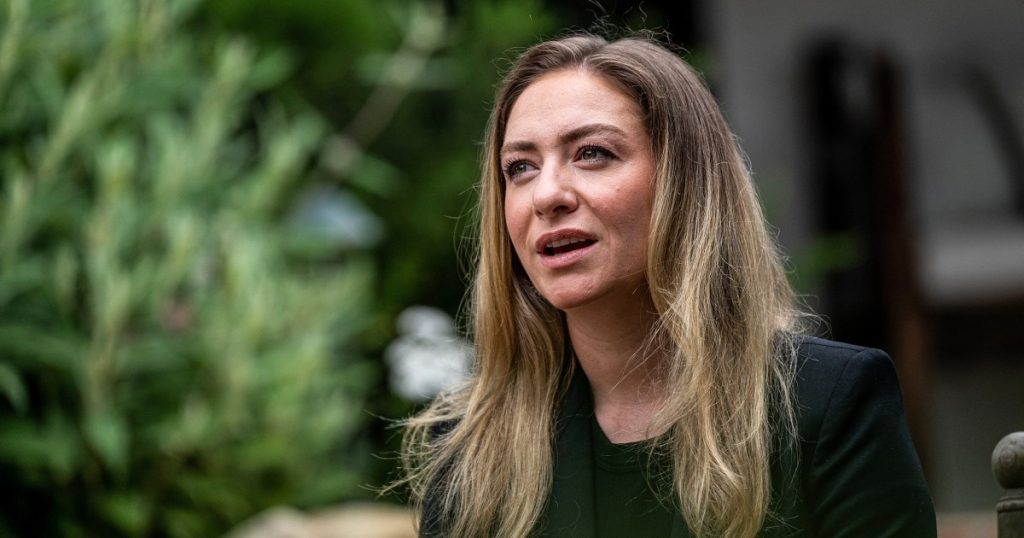AI-powered dating assistants are becoming more popular, with services like YourMove.AI and Volar offering profile enhancements and simulated chatbots to help people navigate the world of online dating. The increase in generative AI technology, which can learn to imitate specific individuals, has sparked speculation about its potential use in the realm of romance. However, there is some skepticism about whether AI is the solution to the challenges faced by those disillusioned with traditional dating apps. A video clip of Whitney Herd, founder of Bumble, discussing the use of AI in dating garnered over 10 million views, with some expressing concerns about the implications of a technology-driven dating scene reminiscent of episodes of “Black Mirror.” Despite these reservations, Herd and others believe that AI can be utilized to educate people on dating practices and foster healthy and equitable relationships.
Herd envisions AI dating concierges as tools to help individuals address their dating anxieties and improve their communication skills with potential matches. A Bumble spokesperson echoed this sentiment, suggesting that AI has the potential to cultivate positive relationships on the platform. Bumble has already integrated various AI-powered features, such as match recommendations on the “For You” page, spam profile detection, and lewd image blocking, to enhance user experiences and promote safety on the app. Looking ahead, Herd revealed that Bumble is rebranding as a “true human connection platform,” where users can find a range of connections beyond romantic relationships, such as hiking partners or gaming buddies. This shift reflects Bumble’s commitment to fostering authentic interactions and addressing the evolving needs of its users in the digital age.
As the landscape of online dating continues to evolve, the role of AI in facilitating connections and improving user experiences is becoming more prominent. While some individuals remain wary of the implications of AI-driven dating services, others believe that these tools have the potential to enhance communication, combat loneliness, and promote healthy relationships. Herd’s vision for Bumble as a multifaceted platform for all types of connections aligns with the broader shift towards more inclusive and holistic approaches to digital matchmaking. By leveraging AI technology to provide personalized recommendations and support, dating platforms like Bumble are seeking to bridge the gap between virtual interactions and real-world relationships, with the ultimate goal of creating meaningful and fulfilling connections for users.
The use of AI in dating apps raises important questions about the impact of technology on interpersonal relationships and societal norms. Some critics worry that the increasing reliance on AI-driven matchmaking could further isolate individuals and exacerbate feelings of loneliness in an already disconnected world. Drawing parallels to dystopian depictions of technology in popular media, such as “Black Mirror,” skeptics caution against the potential risks associated with outsourcing intimate interactions to artificial intelligence. However, proponents of AI in dating argue that these tools can serve as valuable resources for individuals seeking guidance and support in their romantic pursuits, ultimately empowering users to navigate the complexities of modern dating culture with confidence and self-awareness.
In response to concerns about the ethical and social implications of AI in dating, Herd and other industry leaders emphasize the importance of leveraging technology responsibly to promote positive outcomes and foster healthy relationships. By incorporating AI-powered features that prioritize user safety, authenticity, and communication skills, dating platforms like Bumble are working to create a more inclusive and supportive environment for individuals seeking meaningful connections. As the boundaries between online and offline interactions continue to blur, the role of AI in shaping the future of dating remains a topic of ongoing debate and exploration, with the potential to revolutionize the way we perceive and experience romantic relationships in the digital age.


